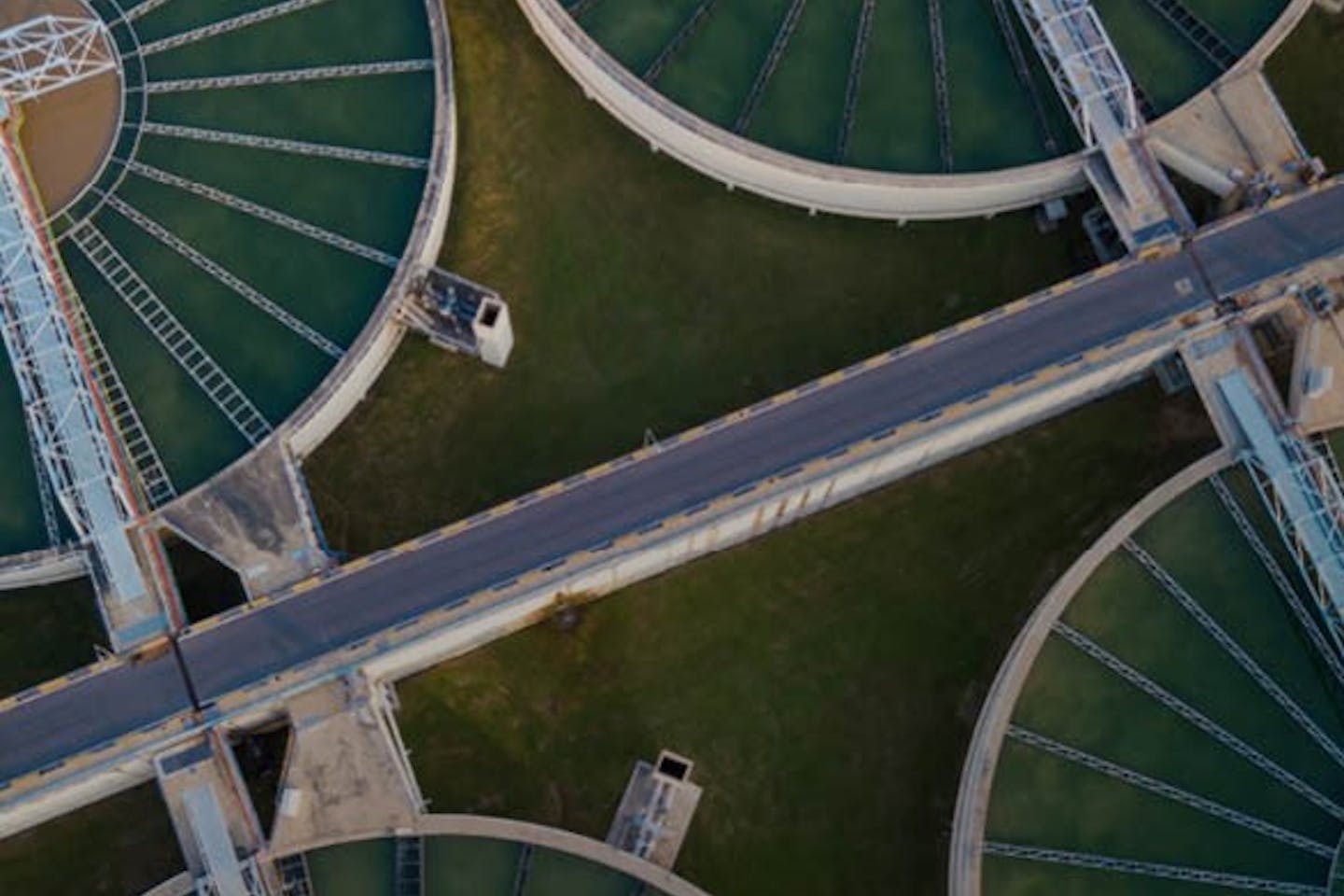Growing water scarcity in Asia, Utilities turn to data and sensors
In many cities, tackling water leakages is among the most impactful ways to shore up water supplies. Sensors and other digital technologies make the massive task easier.

Bangkok is facing a water shortage. Earlier this year, the Thai capital experienced its worst drought in nearly 40 years, leaving the water levels in its reservoirs and dams at record lows. Just 600 million cubic metres of water flowed into the Vajiralongkorn dam between January and July, far less than the average of 2,500 million cubic metres for the period.
With more than 11 million residents who use over five million cubic metres of water every day, the city is taking steps to strengthen its water security by reducing leakages from its water distribution network. Each year, the city loses over 25 percent of the water it sends from its treatment plants to households; it aims to cut this to 19 percent by 2021.
To achieve this goal, the Metropolitan Waterworks Authority (MWA) that manages Bangkok’s water supply has installed more than 400 digital flowmeters, as well as pressure sensors, from power and automation technology provider ABB to identify and fix leaks more quickly.
“The ABB flowmeter is one of the significant tools we use to provide high-resolution data, to facilitate leakage detection and water network analysis in the Bangkok metropolitan area,” said Supichete Tavorntaveevong, director of MWA’s Water Loss Management department.
Supalert Tarmallpark, managing director of Thai Meters, which is partnering ABB on the project, explained that the authority can set thresholds for the digital devices and programme them to send alerts to MWA personnel, including management, when these are exceeded. “They can then deal with whatever problems have occurred,” he said.
Digitalisation the way forward
Across the world, more water utilities are turning to digitalisation to improve their systems. Such advances are particularly urgent in Asia, which has 4.5 billion people and uses about 65 per cent of the global water supply.
According to research by the International Institute for Applied Systems Analysis’s Water Programme, water scarcity will increase in 74 to 86 per cent of the regions in Asia, and about 40 per cent of its population will face severe water scarcity by 2050. Pakistan, for instance, has become water-scarce and could run out of water by 2025.
Wastewater treatment is an expensive and energy-hungry process with ever stringent levels of compliance. ABB’s suite of solutions, which include analysers for dissolved oxygen levels and ammonia, helps to reduce energy costs, increase speed of response and automate data collection to satisfy legislative requirements.
John Fyfe, hub division manager, measurement and analytics, South Asia, ABB
With 24 per cent of countries having a non-revenue water rate of over 40 per cent—which reflects the extent of water leakage due to meter inaccuracies, illegal connections and other causes—the need for efficiency improvements is clear.
Smart equipment plays a key role as accurate instrumentation and analysers provide the measurements needed to address leak detection, energy consumption, pressure management and maintenance costs.
“Understanding the health of the water network by measuring flow and pressure accurately, especially at times of low flow rates, is instrumental in combating (high) non-revenue water rates. ABB’s AquaMaster, the world’s first battery powered electromagnetic flowmeter, has been helping utilities around the world since 1998 with its non-revenue water management strategies,” said Chris Krincevski, ABB’s hub industrial water and wastewater segment manager for South Asia.
Other cities are tapping digitalisation technologies for other parts of the water equation. In Singapore, the Tuas Desalination Plant, which opened in 2018 and can produce up to 30 million gallons of drinking water per day, enough for 200,000 households’ needs, has pressure sensors, flowmeters, and online conductivity and chemical content analysers from ABB to flag abnormalities that may indicate potential problems.
ABB’s technologies include level sensors to ensure that tanks in treatment plants do not overflow or run empty, among other uses, as well as continuous water analysers to track the quality of potable, recycled and waste water. The technologies have been adopted by water utilities in the region, such as Air Selangor in Malaysia, Maynilad Water in the Philippines, PT Air Bersih Jatim in Indonesia, and Western Water in Australia.
ABB’s pressure sensors can also be installed to alert utilities to blockages in water filter beds, so that these can be backwashed before they lead to system failures, among other uses. Its continuous water analysers can verify that the quality of drinking water is within regulations, and wastewater to be discharged does not have excessive quantities of restricted chemicals. The analysers can also operate for extended periods without maintenance, cutting costs.
Smart water networks are set for rapid growth as water companies look for ways to improve operational efficiency. The market will expand from around US$4.5 billion in 2015 to over US$7 billion by 2020, according to Global Water Intelligence.
Smart meters, network equipment, leakage detection and management solutions that make up the majority of the market are currently worth around US$3.8 billion globally. Capital expenditure on smart leakage management is expected to account for more than US$2.7 billion, and smart network optimisation and water quality monitoring will account for over US$1 billion.
“Wastewater treatment is an expensive and energy-hungry process with ever stringent levels of compliance,” said John Fyfe, ABB’s hub division manager, measurement and analytics for South Asia. “ABB’s suite of solutions, which include analysers for dissolved oxygen levels and ammonia, helps to reduce energy costs, increase speed of response and automate data collection to satisfy legislative requirements.”
Sabyasachi Bhattacharyya, ABB’s hub digital manager for South Asia, noted: “Digitalisation can play a significant role in enabling utilities to collect real-time data for a variety of purposes. We are now seeing more utilities leverage digital technologies for optimum performance and fast response to any downtime. Such technologies are no longer a ‘good to have’, but an operational imperative.”






